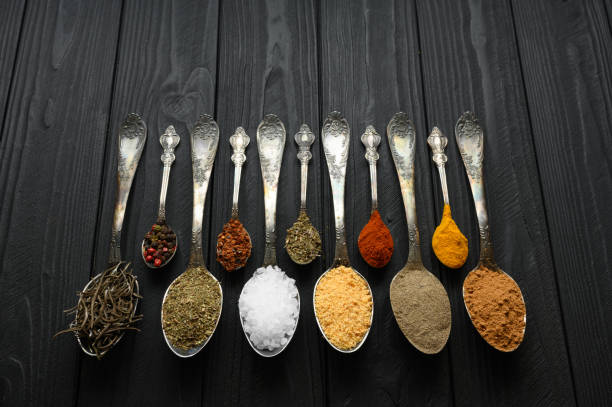

How to Grow Medical Marijuana: California vs. Canada
Both California and Canada were early leaders in legalizing medical cannabis, but their systems evolved in very different ways. While California paved the way for compassionate use back in 1996, Canada went further by creating a federally regulated medical framework that empowers patients to grow their own plants safely and legally under Health Canada’s oversight.
In California, patients must first obtain a doctor’s recommendation confirming that cannabis may help with a qualifying condition such as cancer, PTSD, or chronic pain. After that, they can apply for a Medical Marijuana Identification Card (MMIC) through their county health department. The card allows them to purchase or cultivate marijuana plants for medical purposes. The number of plants they can grow—typically six mature or twelve immature cannabis plants—depends on local county laws, which means regulations vary widely across the state. California’s approach remains decentralized, leaving many patients navigating a patchwork of local rules and access limits.
In Canada, the process is more unified and patient-focused. Under the Cannabis Act and the Access to Cannabis for Medical Purposes Regulations (ACMPR), patients receive a medical authorization from a licensed healthcare practitioner rather than a state-issued card. This authorization allows them to apply directly to Health Canada for a Medical Cannabis Personal Grow Licence—the federal licence that lets them legally cultivate cannabis plants for personal medical use. The number of plants permitted depends on the doctor’s prescribed daily dosage, calculated using Health Canada’s official formula.
Canada’s consistency across all provinces—from Toronto to British Columbia—means every registered patient enjoys the same rights and protections. Cannabis patient educators and trained marijuana doctors help guide patients through this process. While doctors only authorize medical cannabis, patient educators can assist with understanding dosage, application steps, and even connecting patients to grow consultants who can advise on cultivation.
Veterans receive special recognition in both systems, but Canada’s model stands out. Medical cannabis for veterans is directly supported by Veterans Affairs Canada, and many veterans living with PTSD or chronic pain are reimbursed for their prescriptions. GrowLegally proudly supports veterans by providing free grow licence application assistance and patient education—continuing a mission we began years ago helping vets navigate Health Canada’s registration system.
While both countries share the goal of compassionate access, Canada’s federally regulated model ensures national consistency, safer cultivation standards, and legal clarity. Whether you’re exploring a personal grow licence, a commercial cannabis licence, or seeking education on medical cannabis use, Canada’s framework remains among the most transparent and supportive in the world.
If you’re ready to explore how to grow your own medical cannabis in Canada or want to learn how to apply for your medical marijuana grow licence, visit GrowLegally’s medical cannabis clinic in Toronto. We help Canadians across every province access cannabis legally, safely, and with compassion—no referrals required.
FAQ: California vs. Canada – Medical Cannabis Growing
1. How do I get a medical marijuana card in California vs. Canada?
In California, you need a doctor’s recommendation and then apply for a county-issued Medical Marijuana Identification Card (MMIC).
In Canada, you don’t need a card—your doctor’s authorization allows you to register directly with Health Canada for a medical cannabis grow licence.
2. How many cannabis plants can I grow?
In California, most patients can grow up to six mature or twelve immature plants, but local limits vary.
In Canada, your plant count depends on your daily prescribed amount, calculated by Health Canada’s formula. Patients with higher prescriptions can grow more.
3. Do doctors help with cannabis cultivation?
No. In both countries, doctors only authorize cannabis use for medical purposes. Cultivation advice comes from patient educators and licensed grow consultants who understand ACMPR and local compliance standards.
4. Are veterans covered under medical cannabis programs?
Yes. In Canada, GrowLegally’s veteran program helps veterans access authorizations and grow licences at no cost. Veterans Affairs Canada also reimburses eligible prescriptions for those using cannabis to manage PTSD or chronic pain.
5. Do I need a referral to access a cannabis doctor in Canada?
No referrals are required. You can connect directly with a medical cannabis clinic in Toronto or anywhere in Canada to begin your consultation and authorization process.
Previous Post
Next Post

Storing Medical Cannabis – Learn how to properly store your cannabis and keep its potency strong.
Go To Post
Before Acquiring Medical Marijuana, Here Are 2 Questions That Your Doctor Is Likely To Ask You (Plus a Bonus One!)
Go To Post
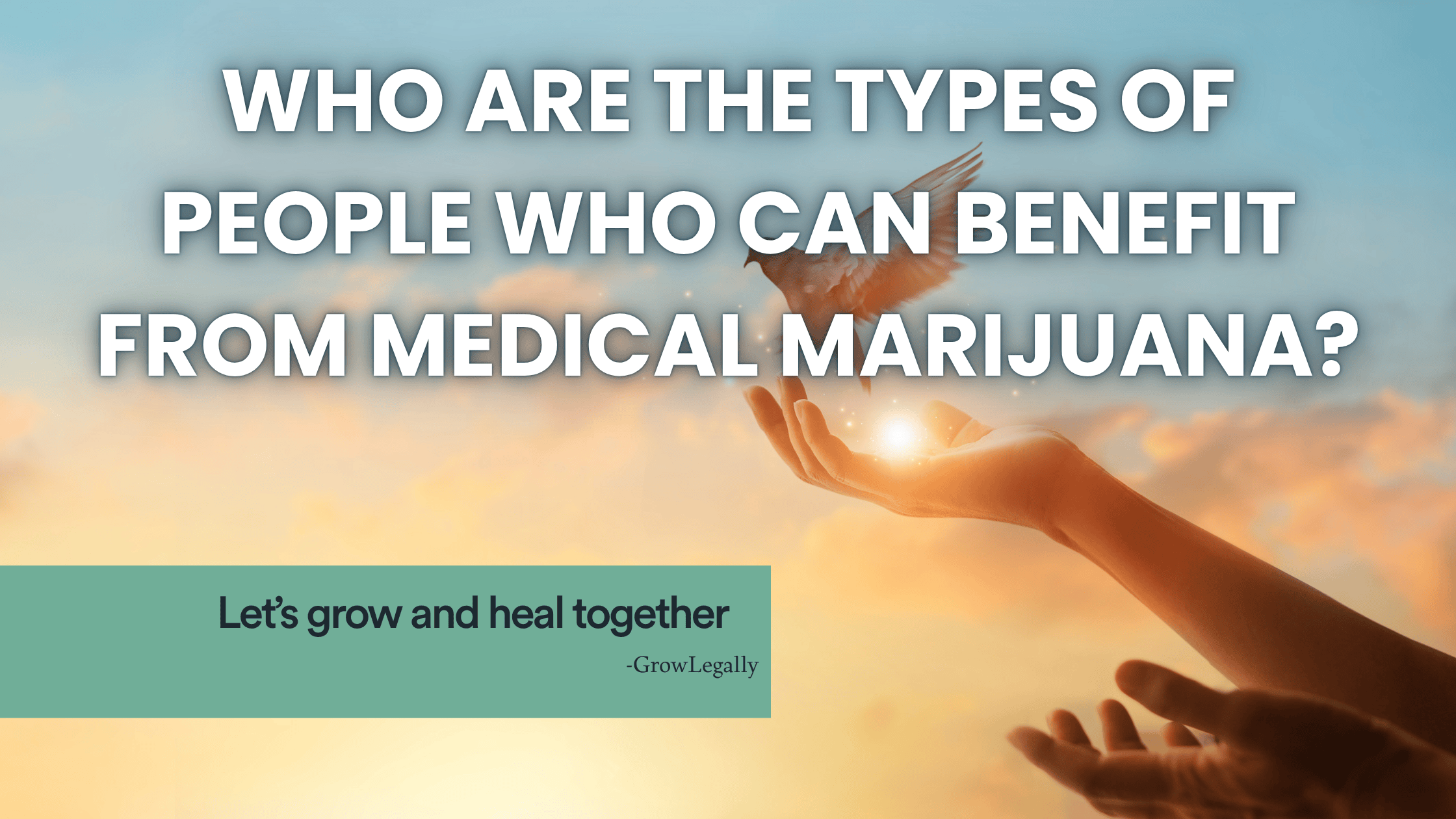
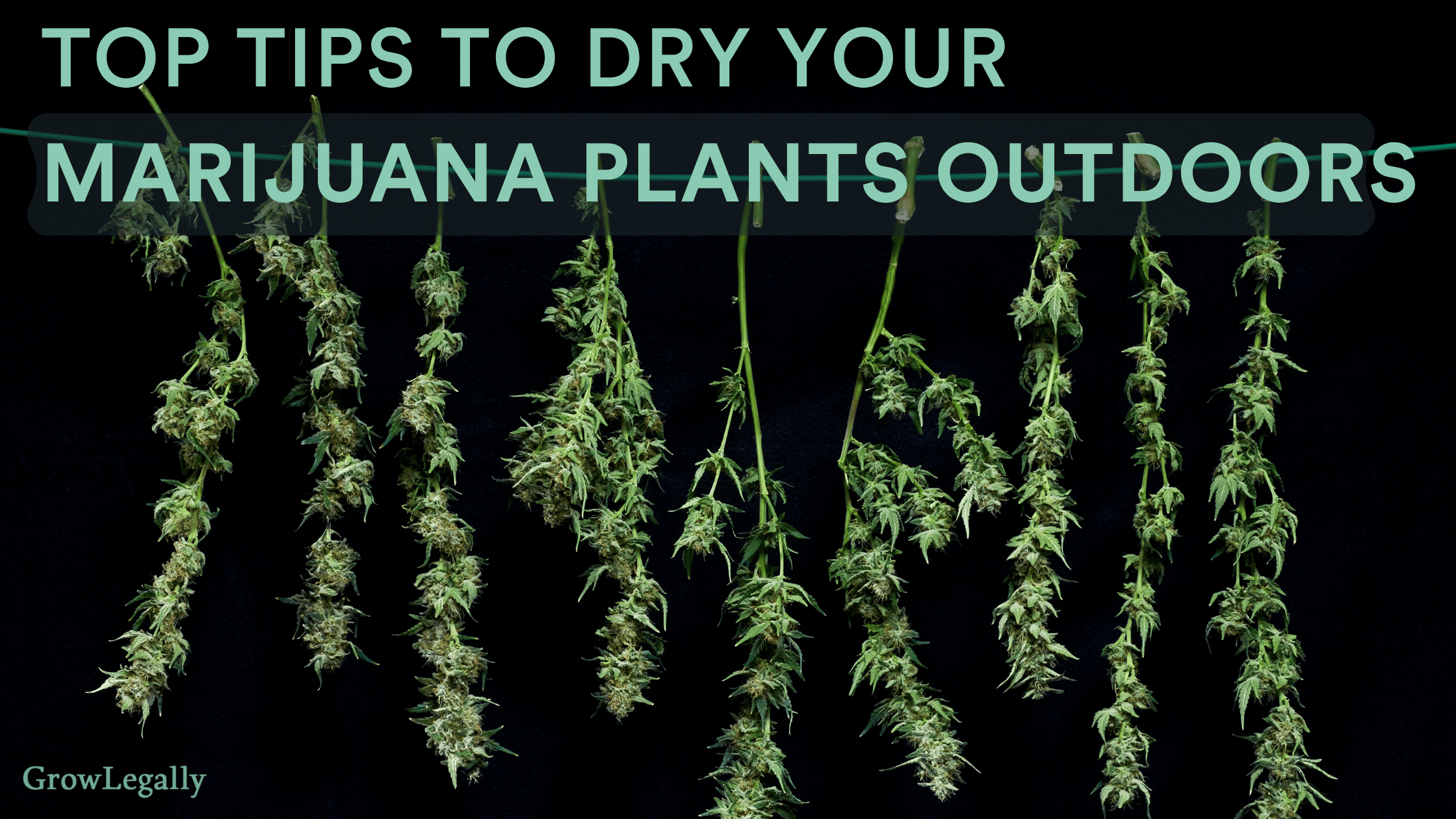
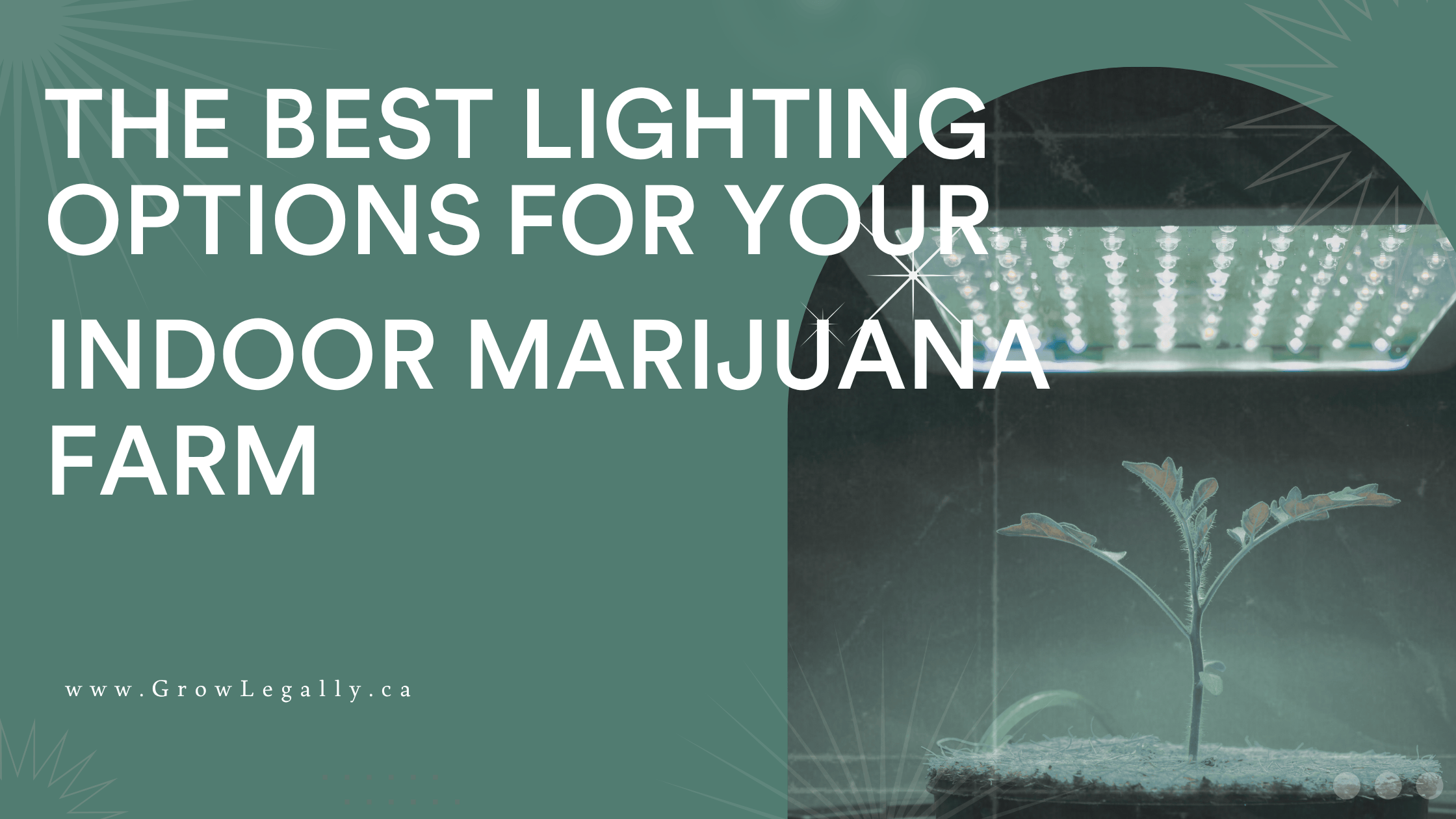
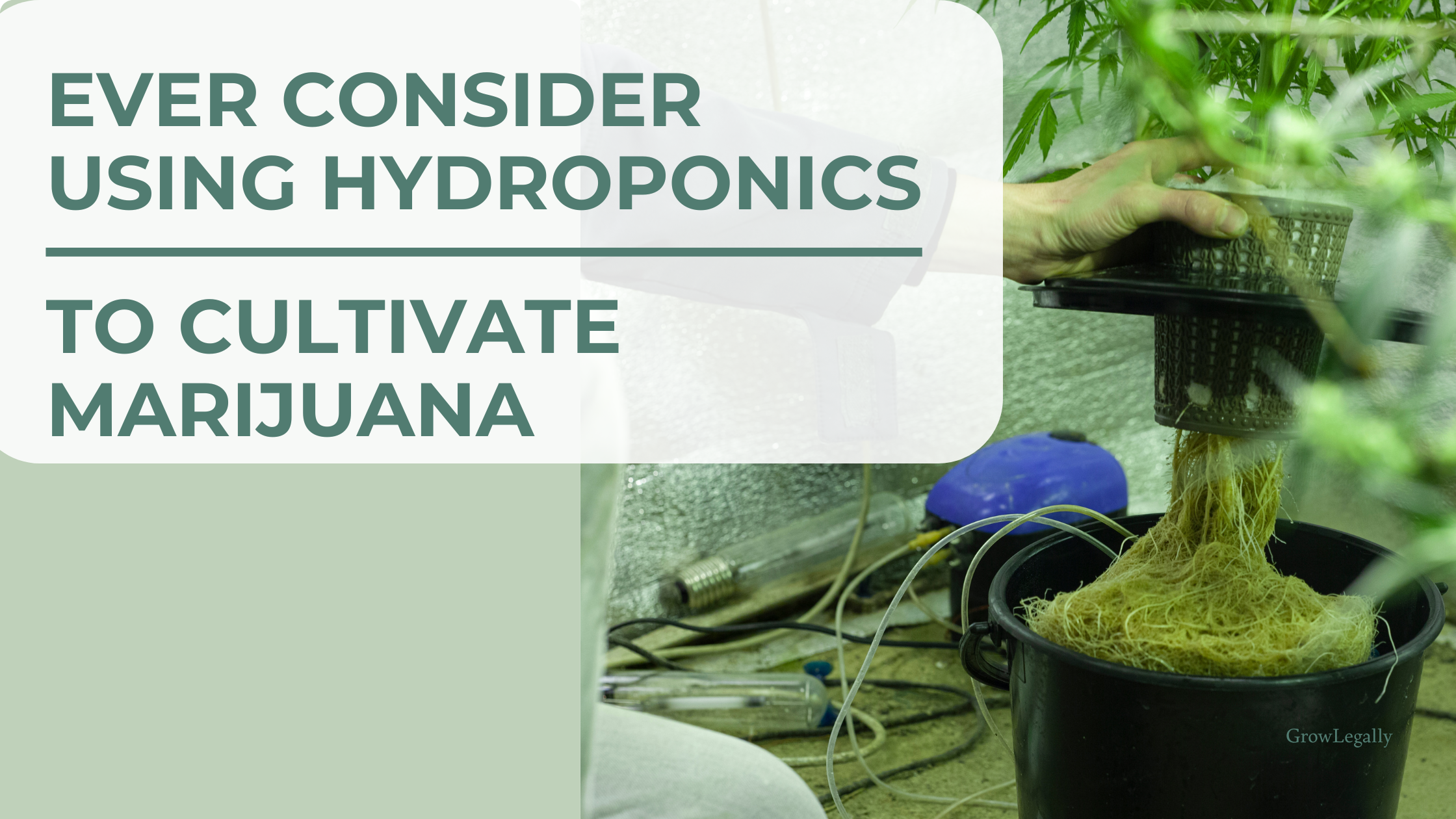
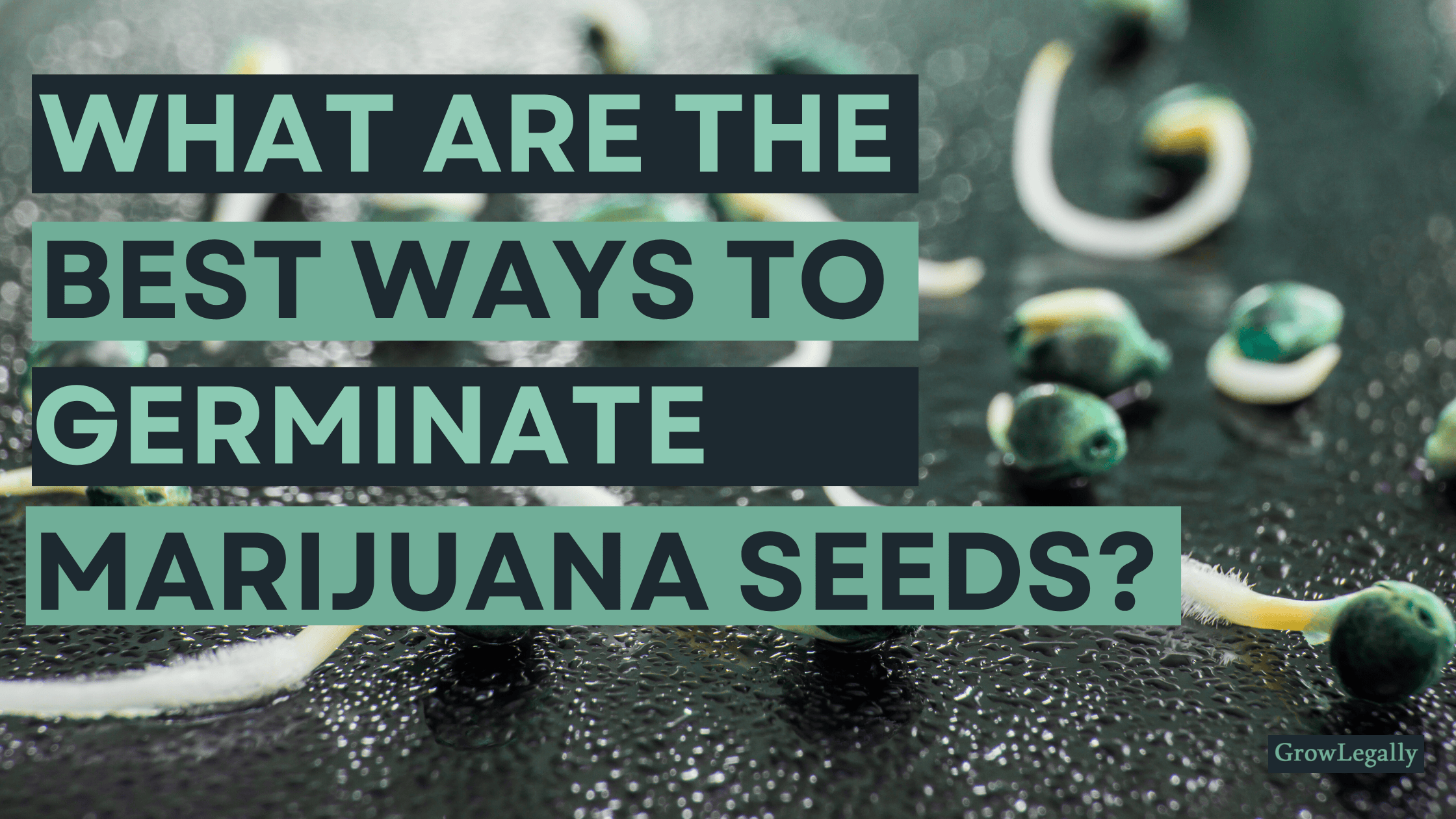
.png)
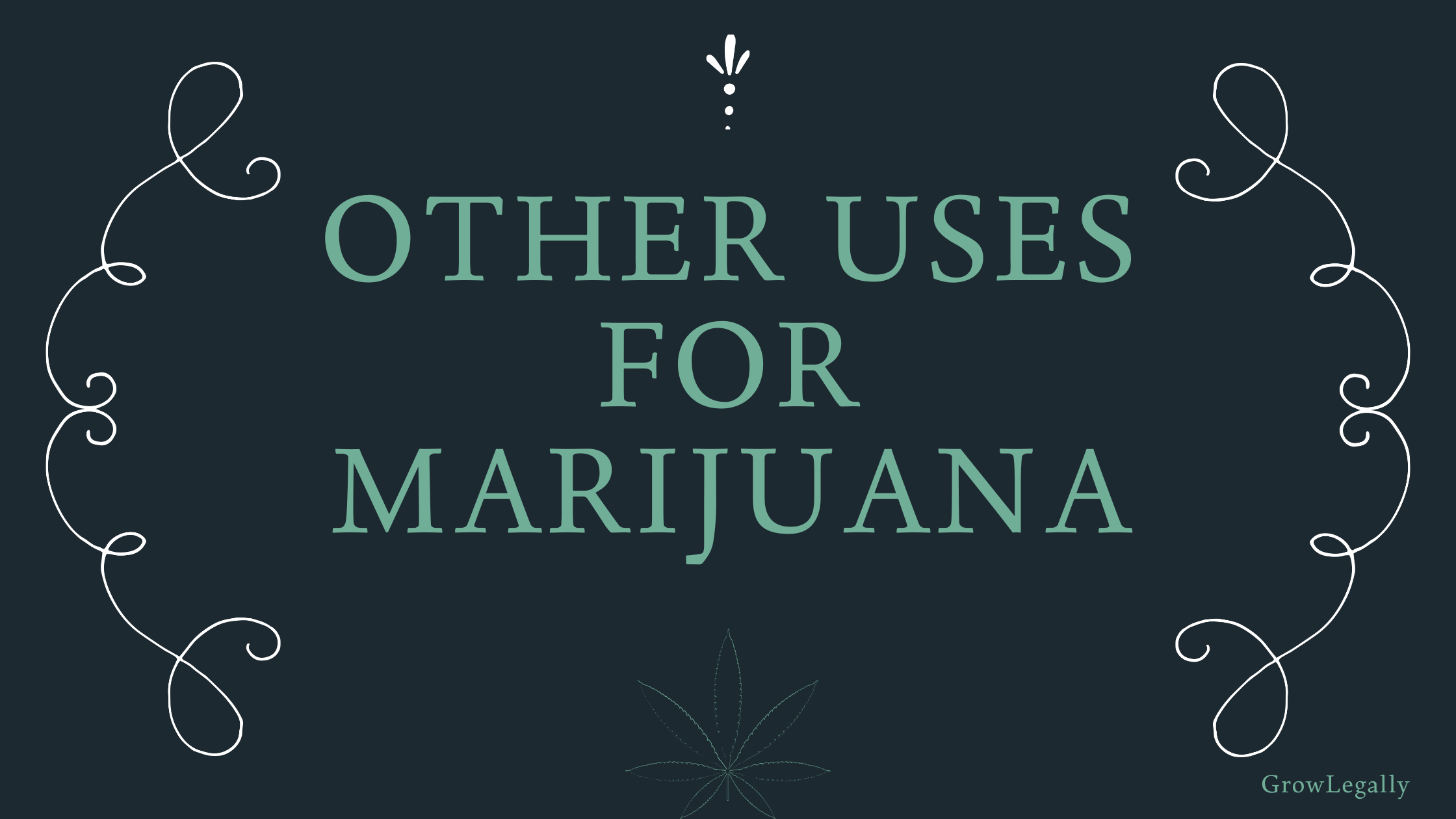
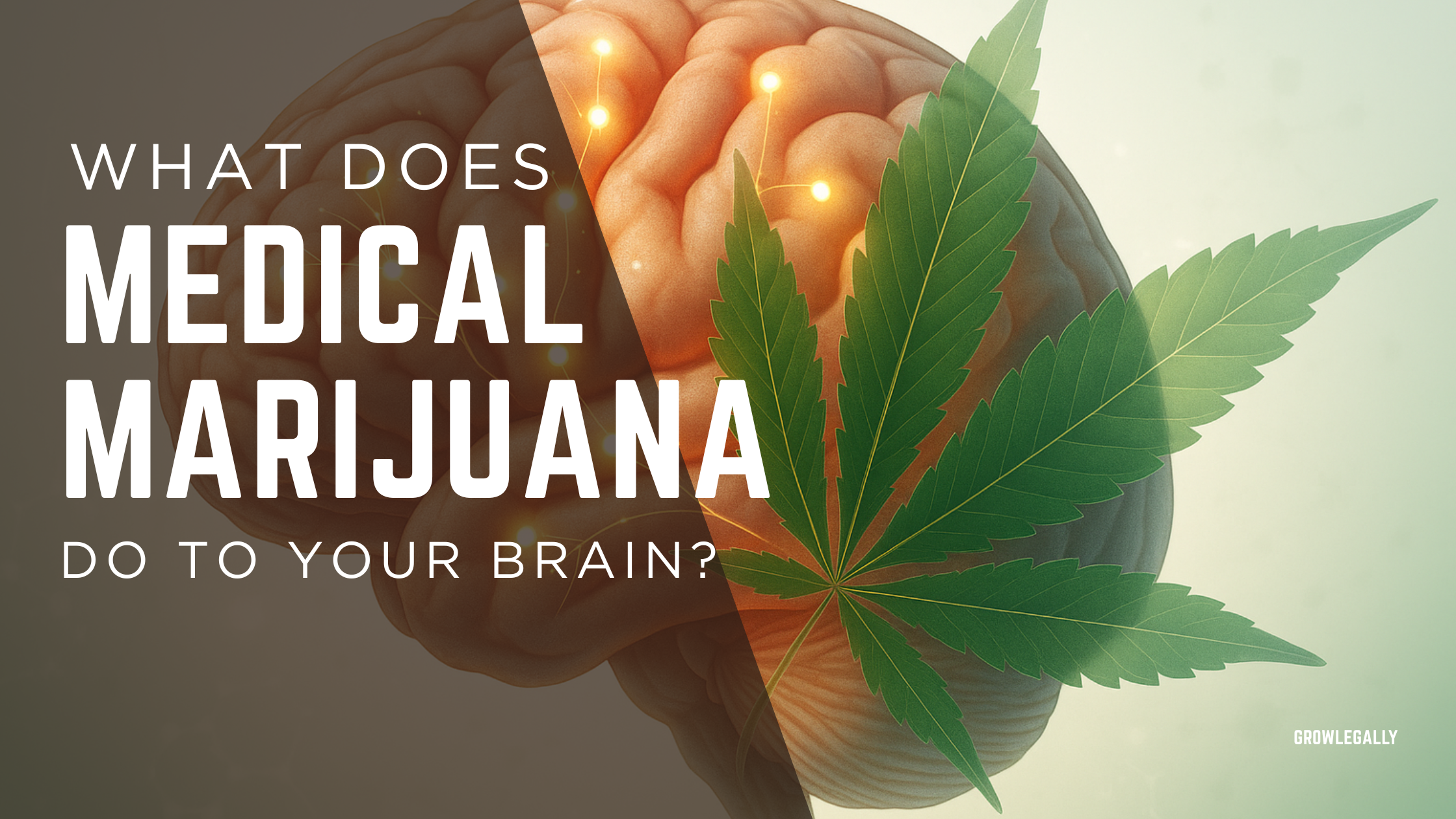
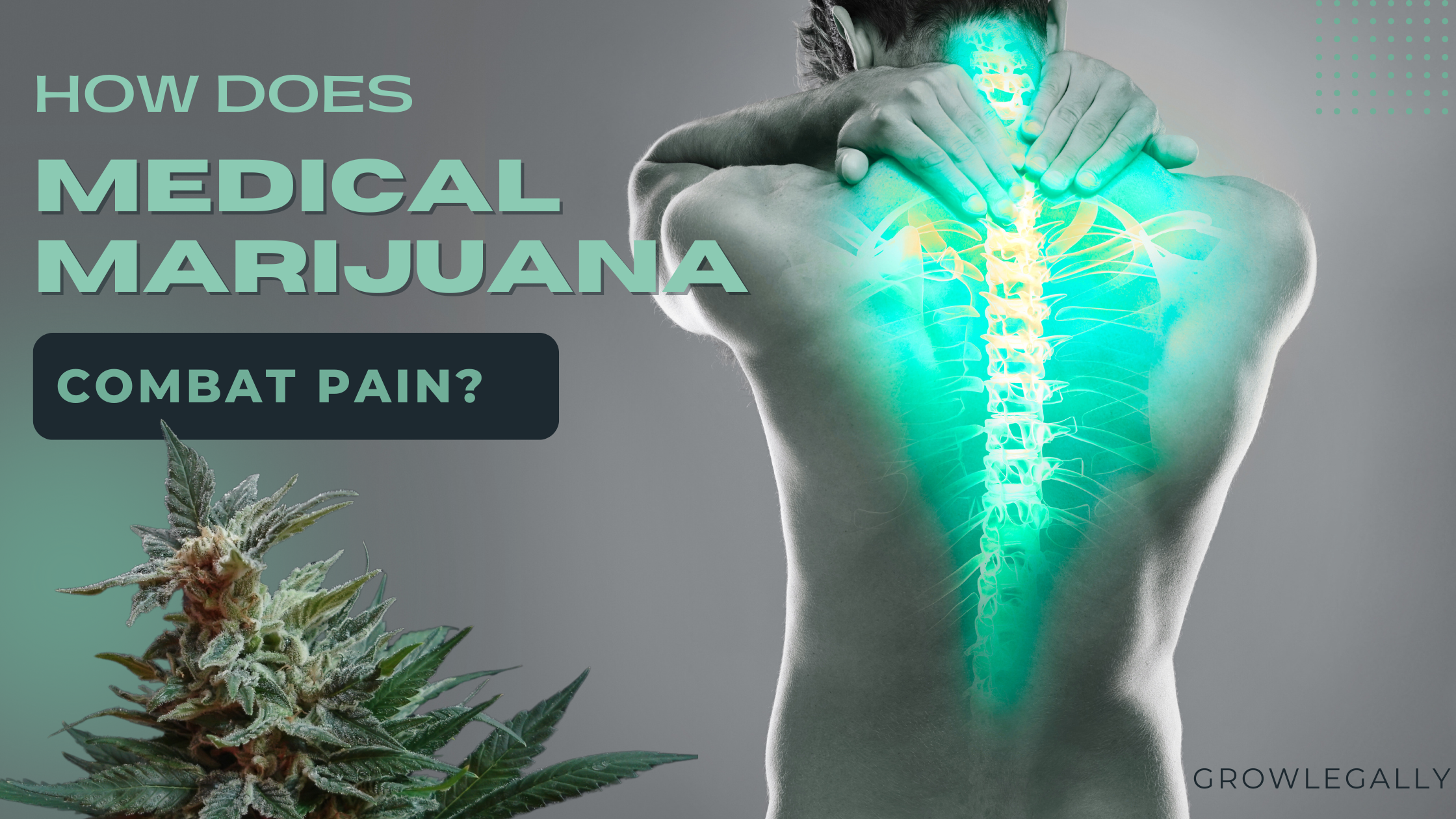
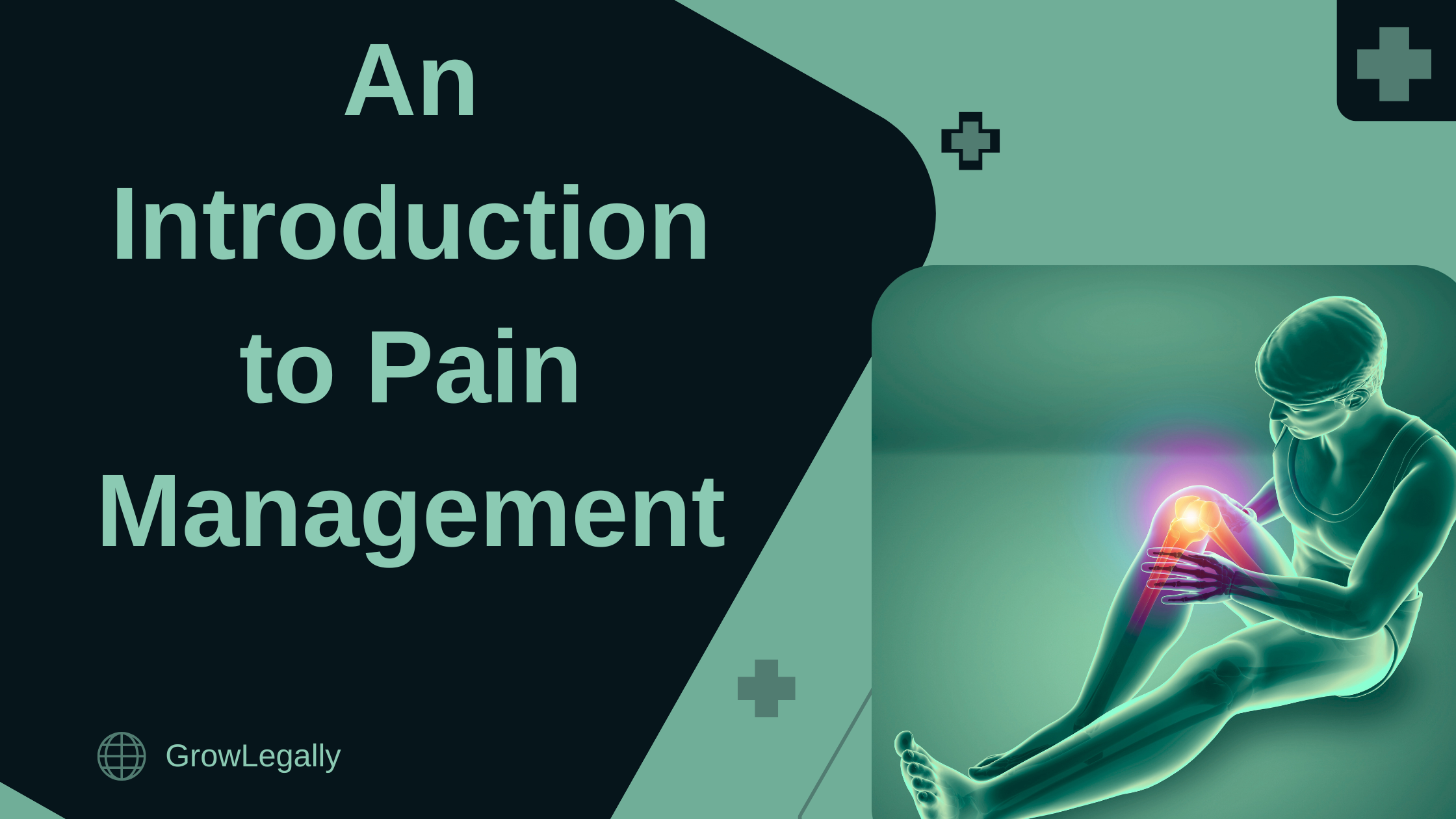

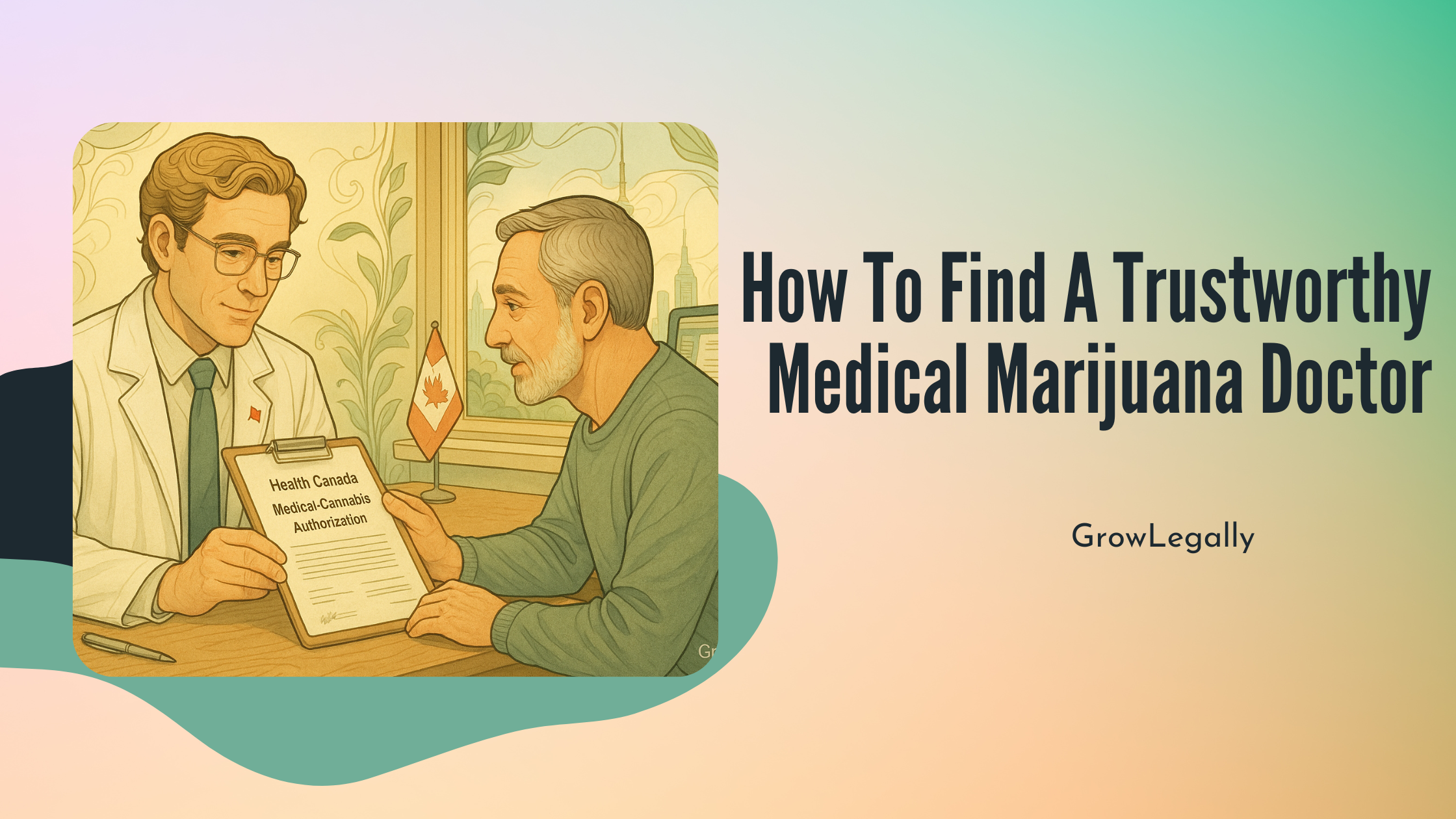
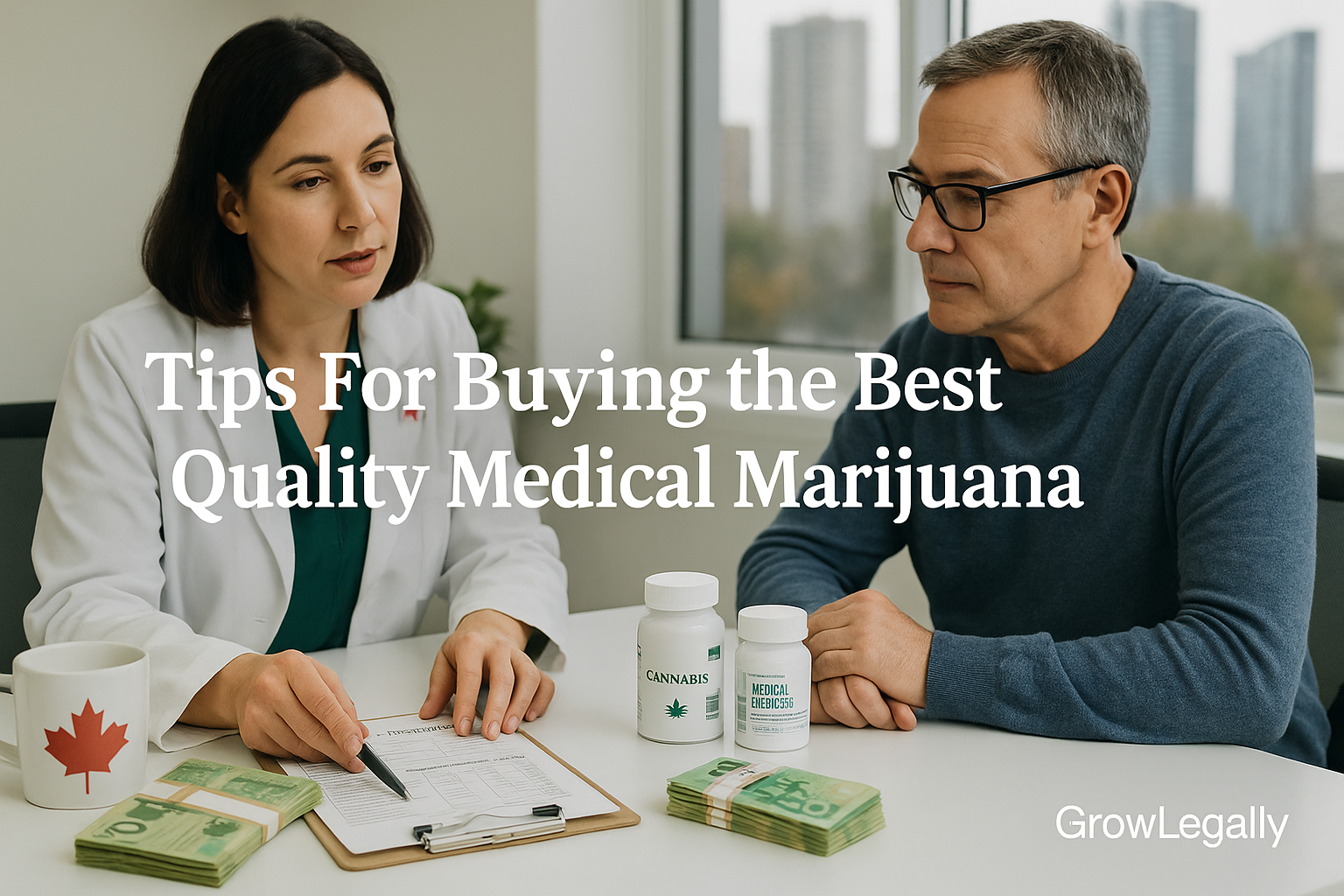
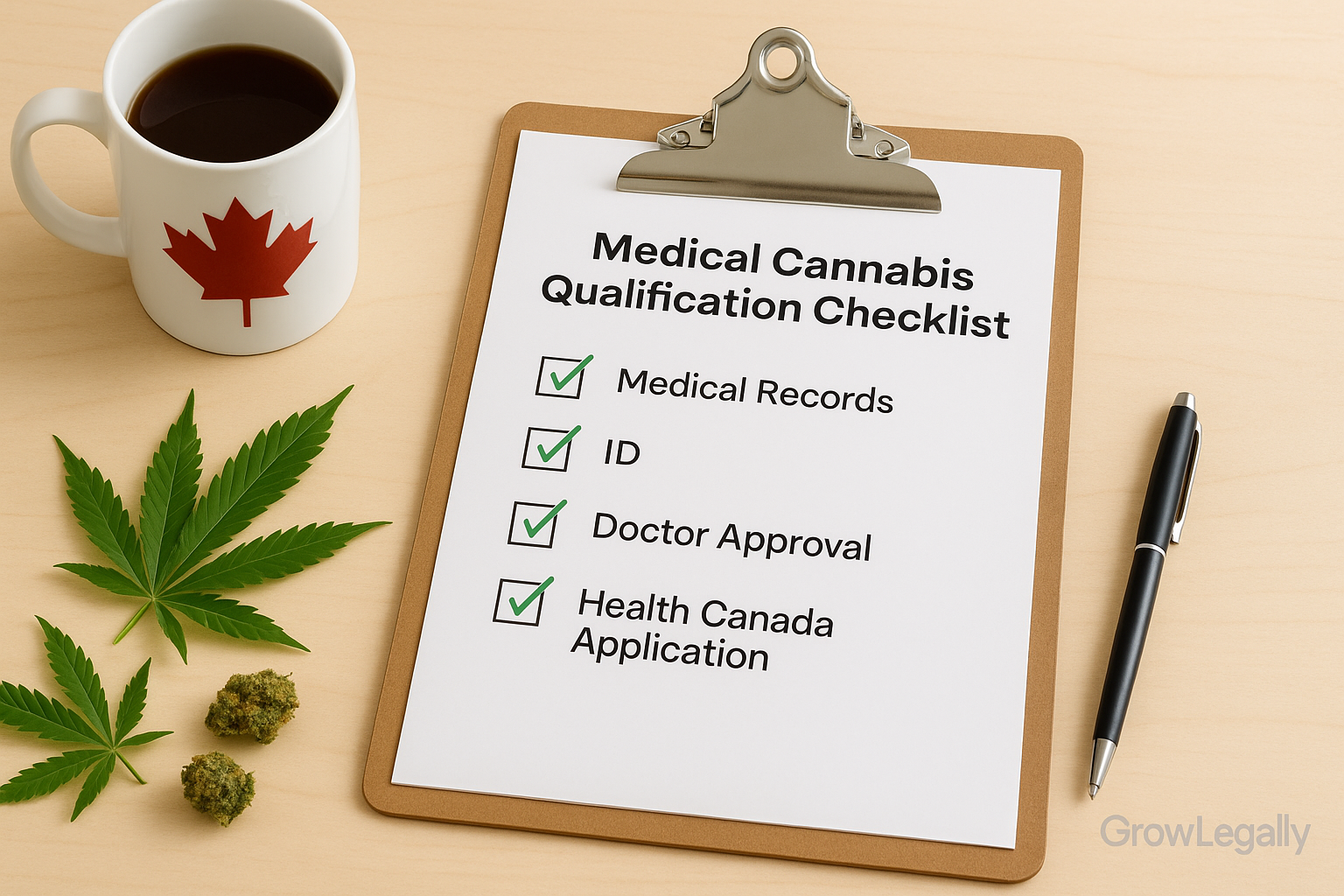
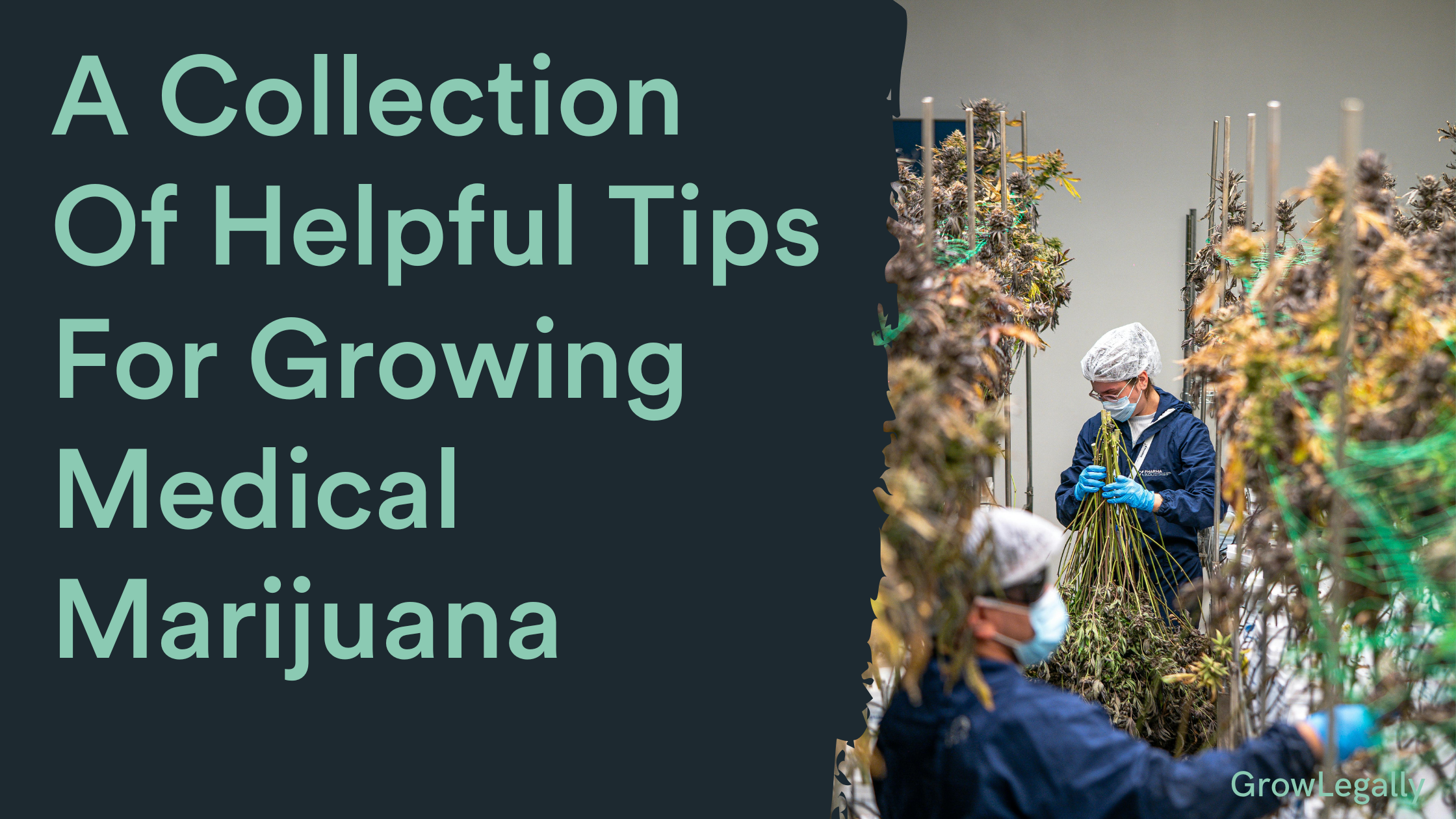
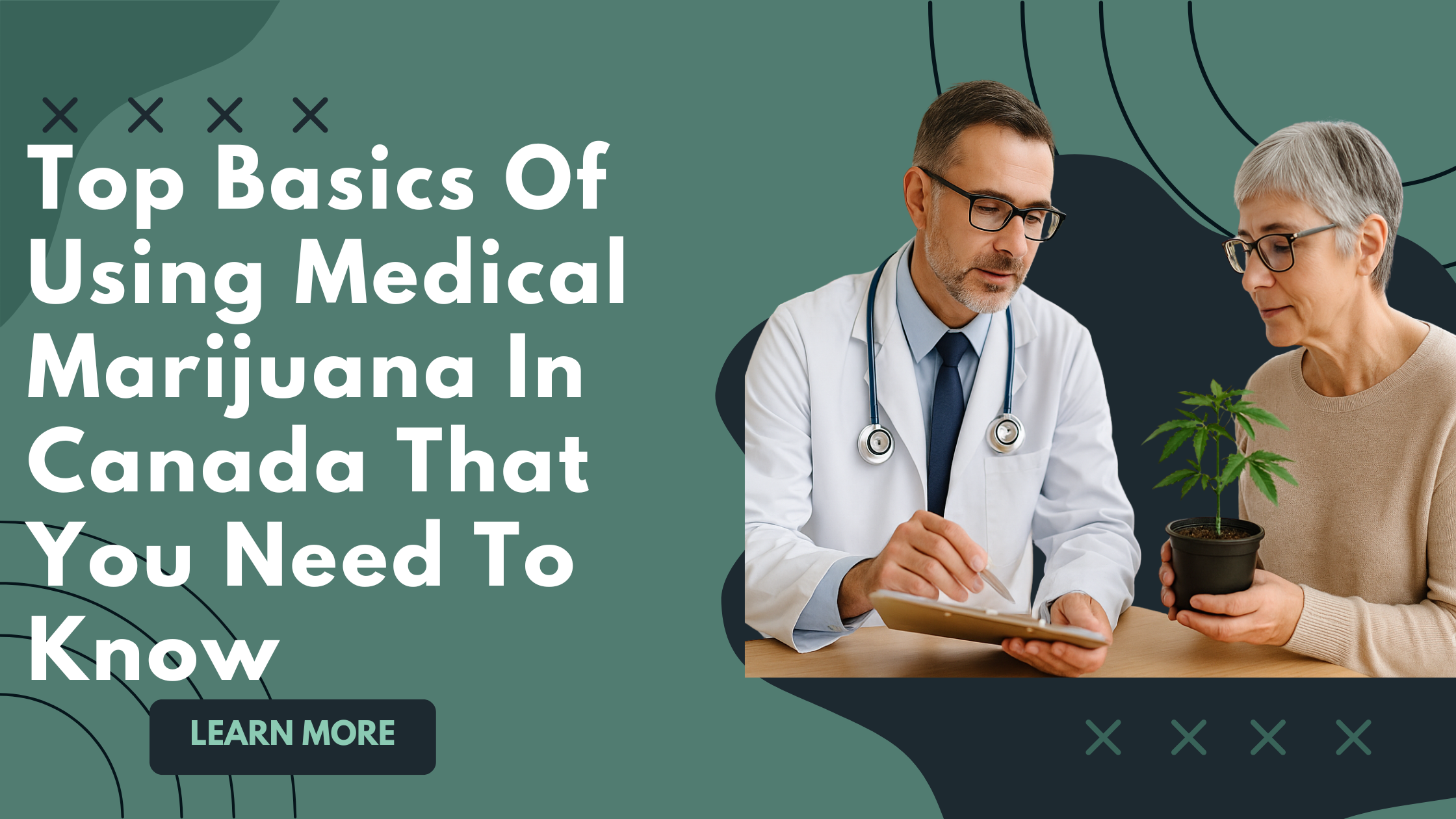
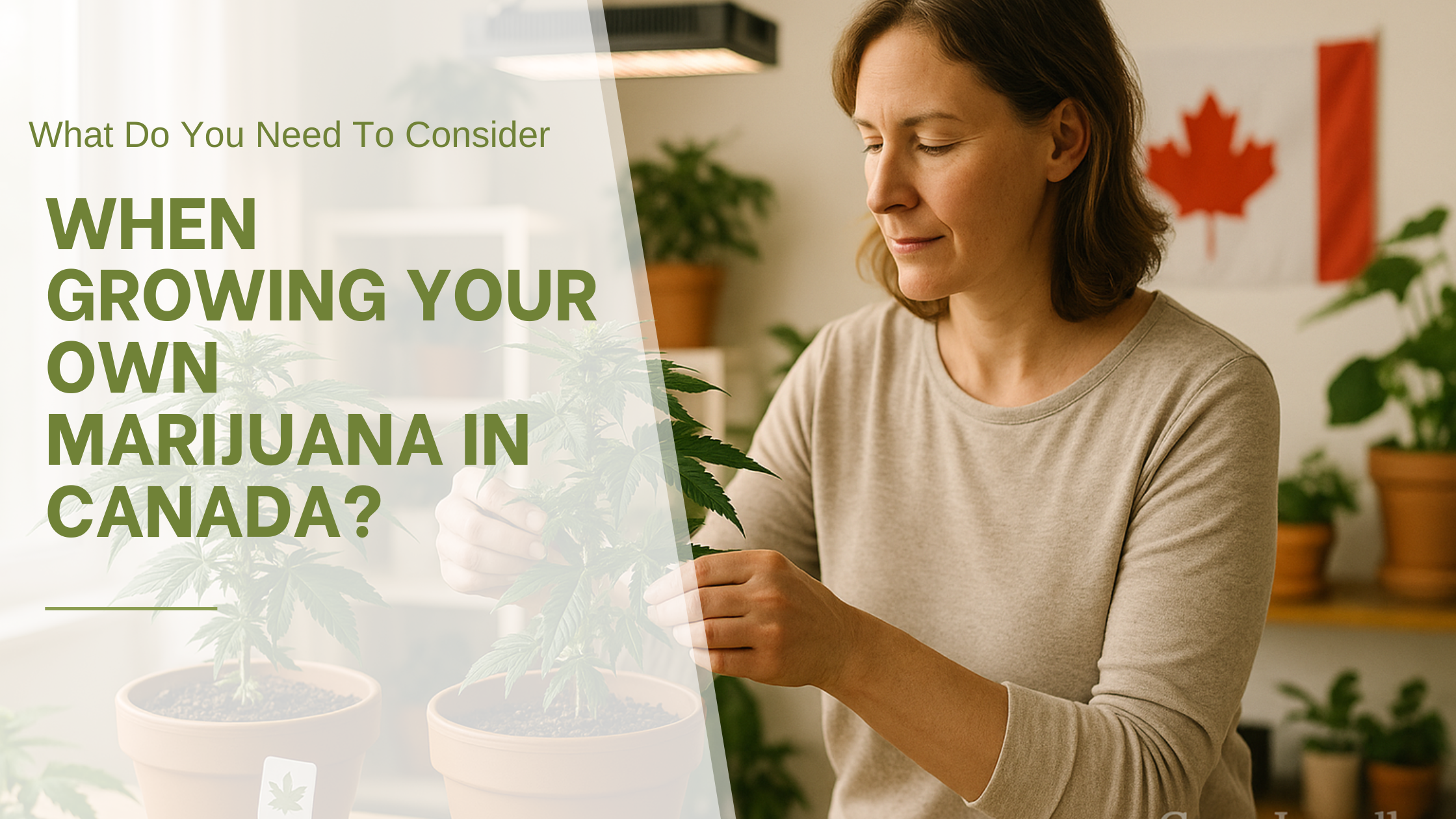


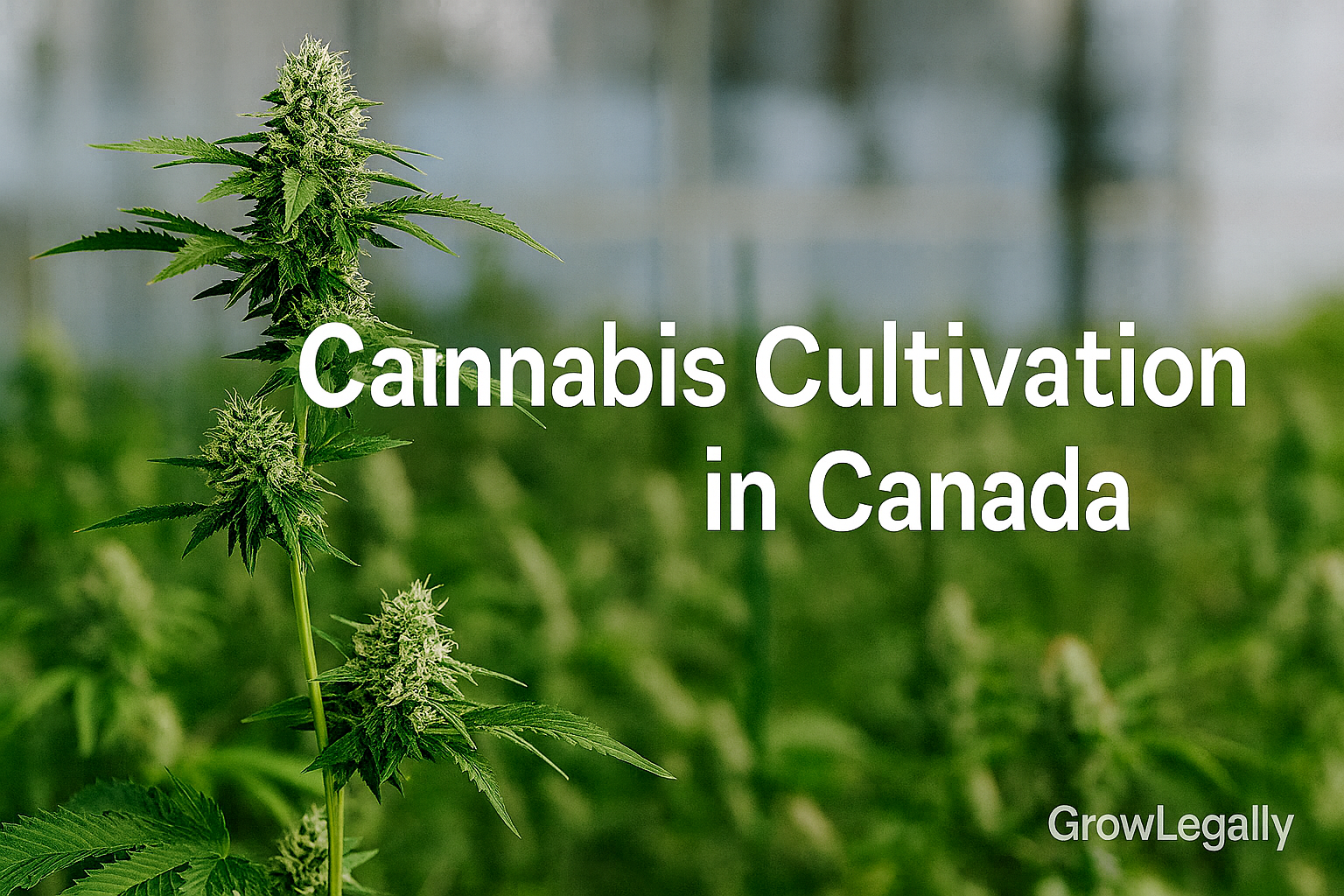
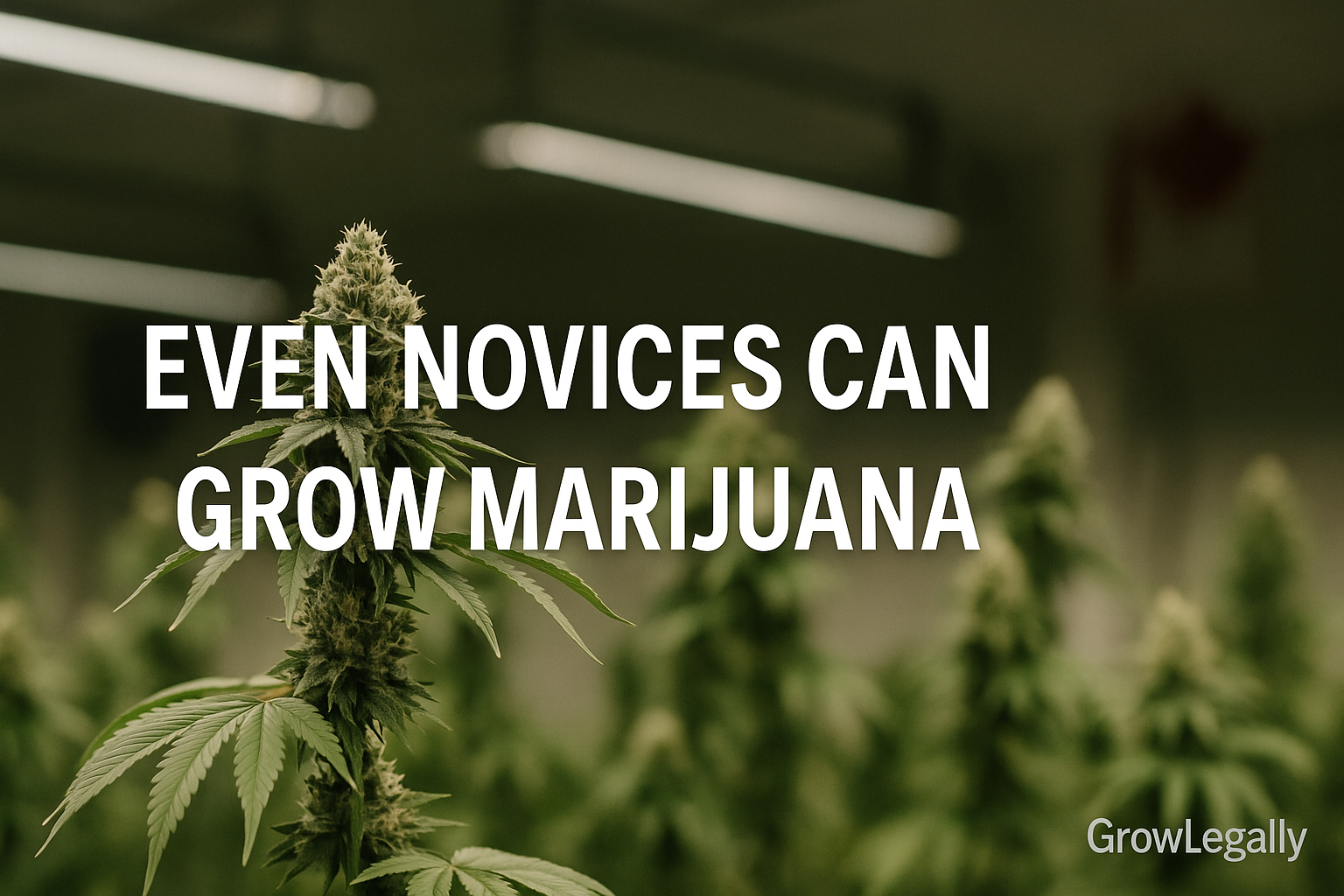


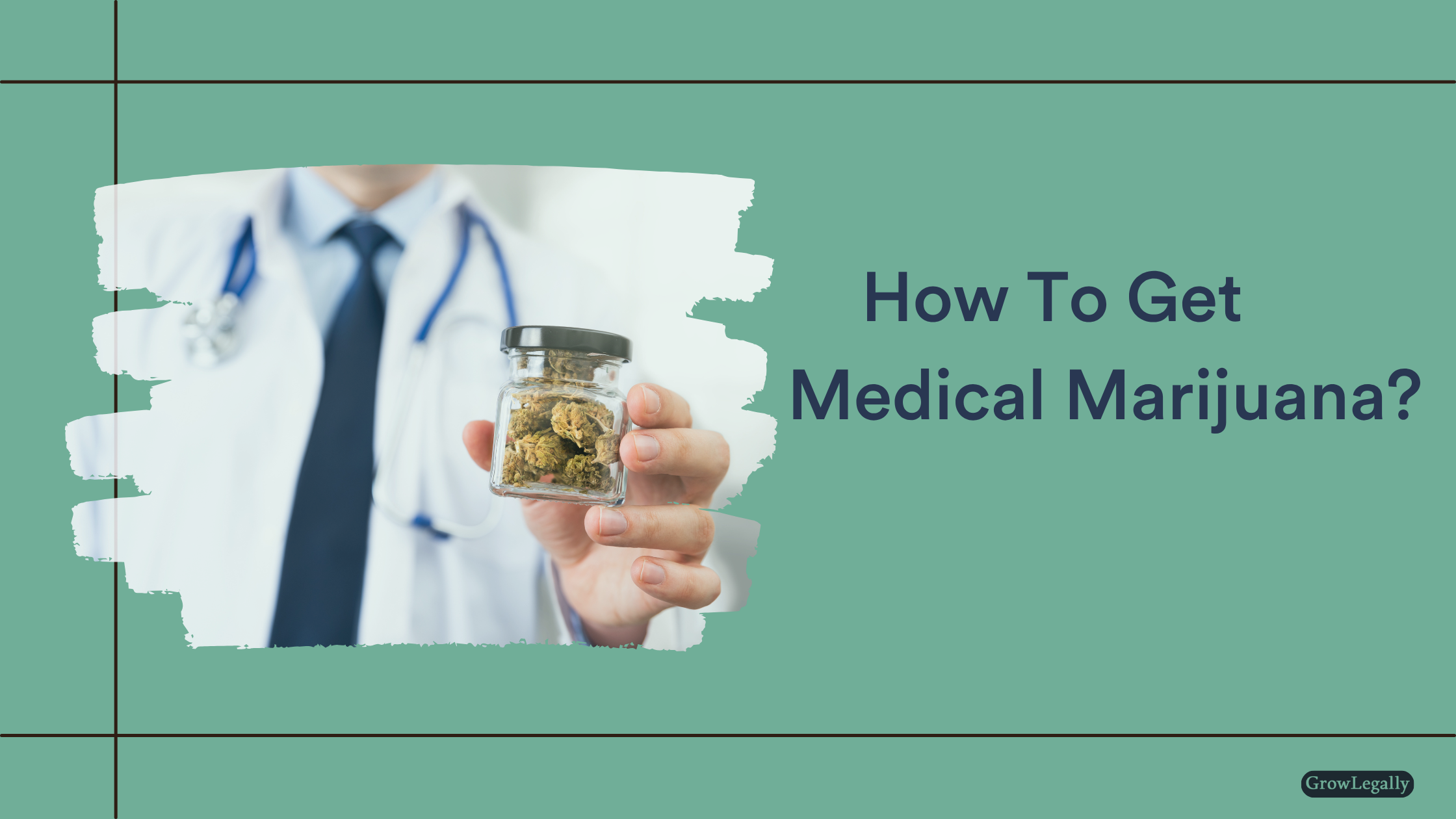

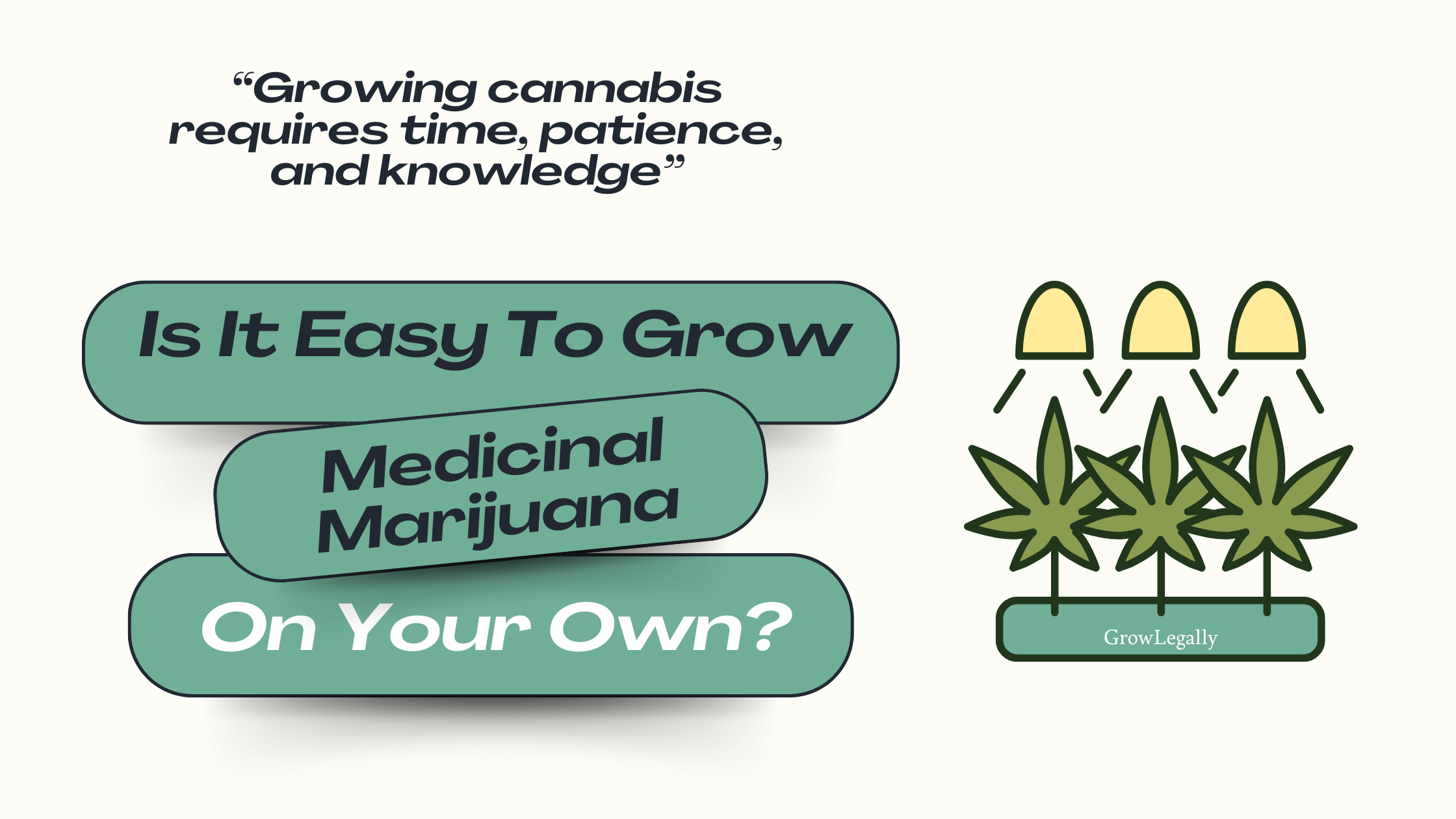
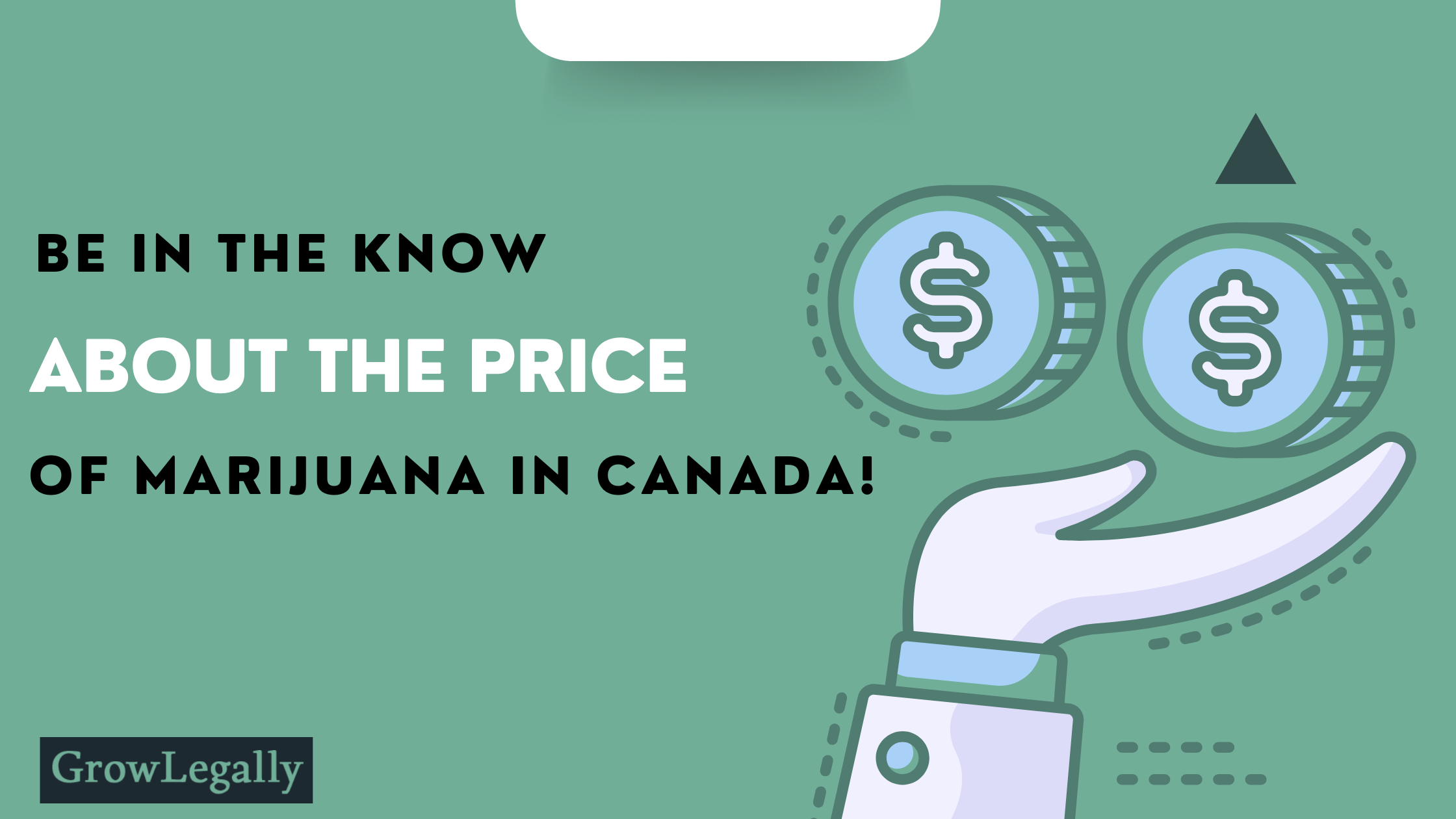





















.png)

















































.png)
















